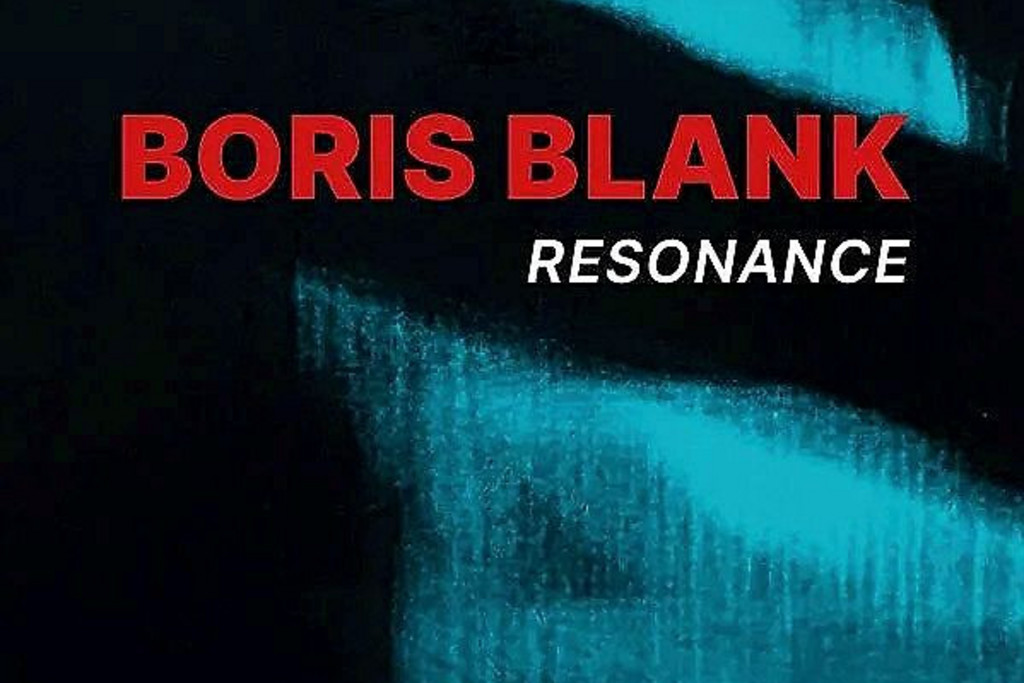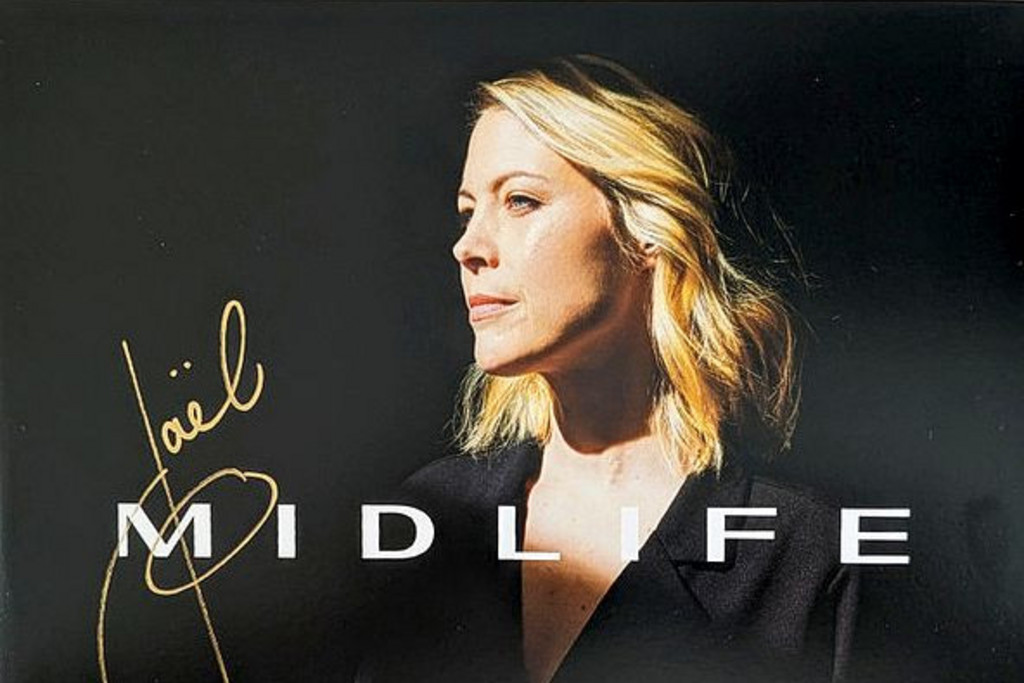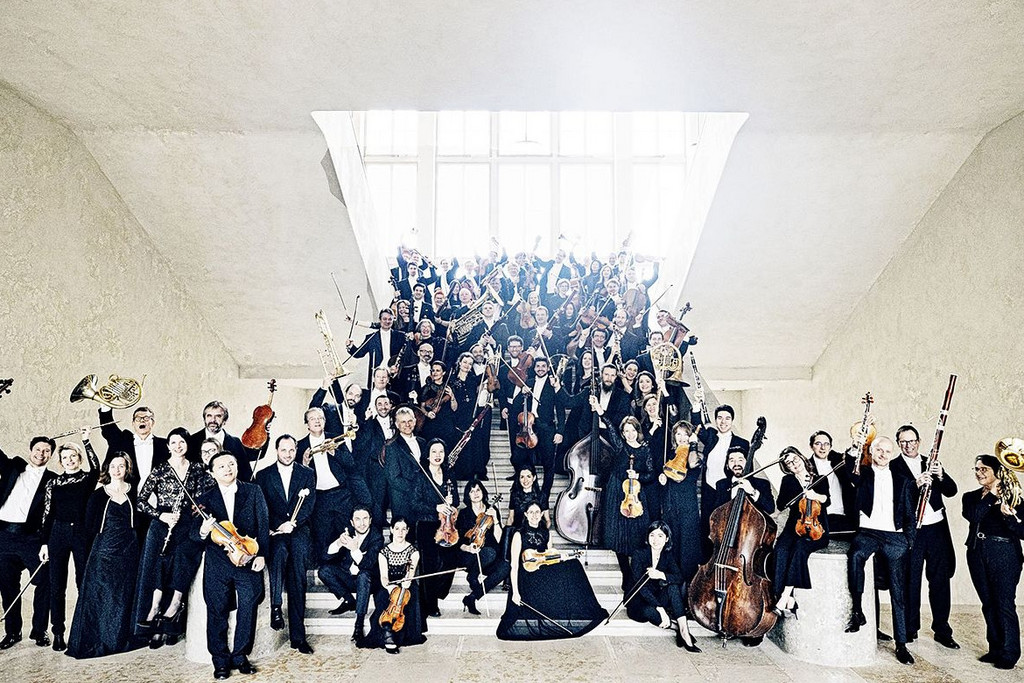
Spa music

A possible dignified farewell

“I notice much more than before that every evening has a power of its own”

Back to herself

The music of a mid-life free of crisis

Gjon’s Tears – the Swiss voice making the whole world sob

All about the journey


“Creating mayhem on stage, with kids whose mums knew me as a rock star.” This is how Stephan Eicher, 58, described his latest album to the media. “Hüh!” is something of a gamble, combining the sounds of a resonant orchestra with the trademark soft voice of the Bernese crooner. The album sells itself like this: “In September 1978, Stephan boarded a night train from Bern to Paris... 40 years later, a secret from the past has finally caught up with him...”
The sleeve design is a nod to an album by the popular French singer, Alain Bashung. Showing an image of dampened confetti, it seems almost morbid. For Eicher, it is the symbol of a flawed industry. In his eyes, “the party’s over”. “Hüh!”’s 12 tracks – including 8 covers and 4 new songs – run back and forth between energetic rhythms and intimate ballads, with a wonderful mix of joyful madness from Traktorkestar, a Bernese orchestra with a passion for Balkan music, and the carefully edited texts of the Swiss rocker. Eicher has his luxury brass band cover two of his biggest hits: “Pas d’ami (comme toi)” and “Combien de temps”. But the emotion and poetry of this CD are hidden more in tracks like “Chenilles”, an original song which opens with a multitude of brass instruments, leading to a folk guitar accompaniment. The deep hum of the tuba bass line envelopes the listener in a soft glow that illuminates the album throughout. “Où que tu ailles, où que tu sois / Le superflu, le nécessaire, comme de la glue qui colle aux doigts” sings Eicher: Wherever you go, wherever you are / The superfluous, the necessary, like glue that sticks to your fingers.
The opening track of this 15th studio album, released after six years of quarrelling with his record company and health problems in 2018, “Ce peu d’amour” carries the rock feel typical of the Yenish musician’s greatest hits. This time, Traktorkestar takes on the sound of a Gypsy orchestra, creating a joyous, all-encompassing brass explosion. “Louanges” is also covered in this style, with the artist singing of lost love and time gone by. The album ends with the dusky tones of “Nocturne”. A translation for English speakers: “Calm at last, it’s night and all is....” All is what? “All is... said” concludes Stephan Eicher. The album ends with a fanfare epilogue.

Stephan Eicher, “Hüh!”, Universal Music / Polydor
Comments